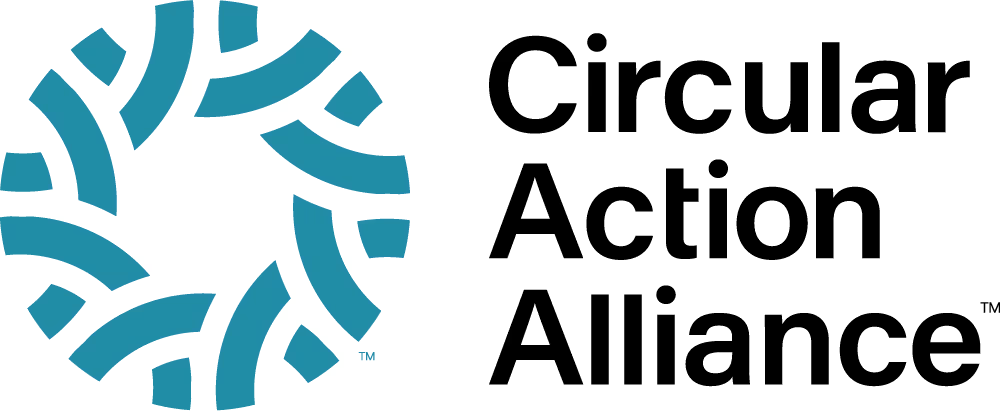Extended Producer Responsibility (EPR) for packaging is a policy approach that holds producers accountable for the entire lifecycle of their products, especially the end-of-life stage. In the United States, EPR aims to shift the financial and operational burden of waste management from municipalities to the producers themselves. This encourages companies to design more sustainable packaging, reduce waste, and improve recycling rates.
For sustainability managers, compliance managers, and brand managers at small to medium-sized Consumer Product Goods companies, understanding EPR is crucial. It not only helps in meeting regulatory requirements but also aligns with growing consumer demand for environmentally responsible products. By adopting EPR principles, companies can enhance their brand reputation, reduce environmental impact, and potentially lower costs through more efficient resource use.
Implementing EPR involves several key steps:
- Design for Environment (DfE): Creating packaging that is easier to recycle or compost.
- Take-back Programs: Establishing systems for consumers to return used packaging.
- Financial Contributions: Paying fees that support recycling and waste management infrastructure.
By embracing EPR, companies can play a pivotal role in driving the shift towards a more sustainable and circular economy.
Circular Action Alliance Decoded in Simple Terms
The Circular Action Alliance (CAA) is a pivotal organization within the framework of Extended Producer Responsibility (EPR) for packaging in the United States. It serves as a Producer Responsibility Organization (PRO) that aids producers in complying with EPR laws, which mandate that companies manage the lifecycle of their packaging materials, from production to disposal.
The CAA offers a comprehensive suite of resources and support for Producers. This includes guidance on state-specific EPR laws, registration requirements, and reporting tools. The CAA also provides educational forums, webinars, and onboarding sessions to help producers understand and meet their regulatory obligations.
Learn more about the role of a Producer Responsibility Organization here.
Getting Started: EPR Compliance Resources for SMEs
The EPR compliance hub from rePurpose Global can automate in 1-click what would otherwise take you over 3 months of manual effort. It quickly compiles CAA reports, estimates fees and tax liabilities, and keeps you updated on emerging regulations, including Labeling laws, PCR mandates, and 90+ Packaging Regulations in North America. With Oregon's reporting deadline on March 31st, immediate action is crucial to avoid financial penalties. Reach out to us for a stress-free, reliable solution.


.png)
.avif)
.png)
.png)






